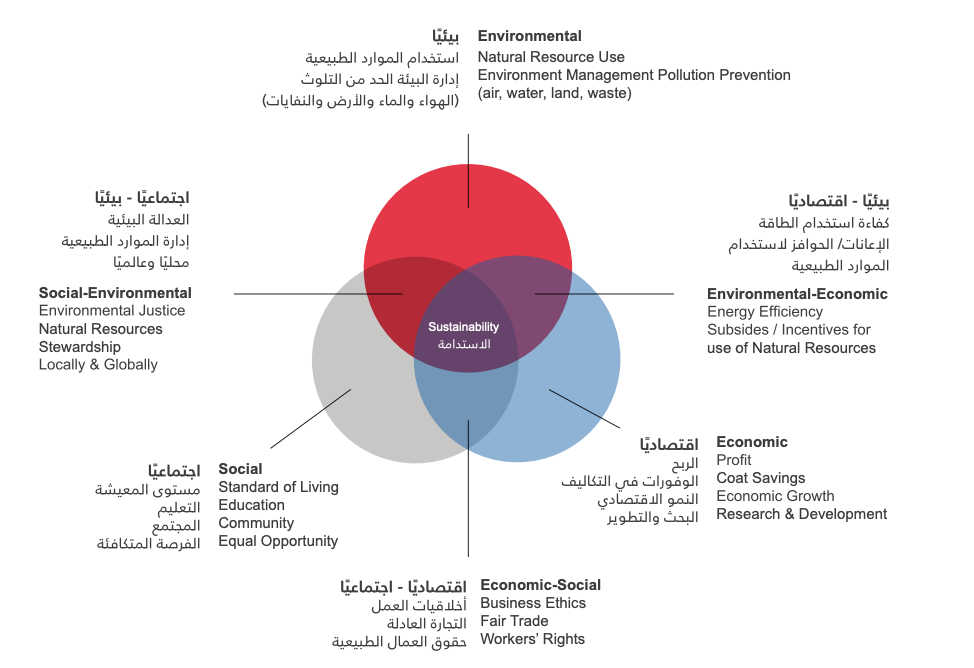
Sustainability
Apsco’S ROLE IN SUSTAINABLE DEVELOPMENT

Today there is a much clearer recognition of the need to consider aviation’s contribution to the three pillars of sustainability; economic, social and environment in a more integrated manner.
Economic Growth:
Supporting nearly 63 million jobs and $2.7 trillion in global GDP, the air transport industry is a driver of the global economy. A third of all global trades by value is sent by air and aviation is a key component of global business.
Social Development:
Aviation brings the world’s people and cultures together like no other form of transportation. Fast, reliable and safe services with greater value are allowing more people to experience the world and supporting the world’s number one industry – tourism.
Environmental Efficiency:
Aviation is a valuable driver of the world economy, but it is also leading the way with efforts to improve its environmental performance. It is the first industry to have ambitious global goals for reducing the climate impact of its operations which currently contribute 2% of man-made CO2 emissions
Apsco’s Plan for Sustainability:
Educating Apsco’s staff on the Sustainability guidelines and sharing national and international footprints with regards to sustainable growth.
Apsco has displayed posters on SDG goals to create awareness to the workforce on Sustainability. there are 17 SDGs with over 160 accompanying targets that aim to holistically address sustainable development over the 2016–2030 period.
- Develop and implement an Environmental Management System (EMS) to track the progress in improving environmental performance.
- Tie sustainability goals and objectives into the operations, maintenance, and capital improvement program budget process to ensure the life cycle costs, impacts on the other divisions, and that specific sustainability goals for projects are addressed.
- Include a sustainability training requirement in all bid documents.
- Participate in the Occupational Safety and Health Administration’s (OSHA’s) Voluntary Protection Programs.
- Develop and implement Waste Management Plan for the organization.
- Develop Emergency Preparedness Plan for each location within Apsco.
- Provide first responder life support training for employees. employees.
- Participate in a full-scale emergency response exercise to evaluate the capability and effectiveness of emergency responders in the event of an actual emergency
- Develop and Implement Storm water Pollution Pre-vention Plan (SWPPP).
- Train on-site personnel in pollution prevention procedures and always make the storm water.
- Store materials and was the in areas sheltered from rain and runoff.
- Collect and recycle, or treat and properly dispose of, water used for vehicle washing.
- Educate maintenance staff, employees, passengers, and tenants on water conservation strategies.
- Develop a baseline water consumption level and track and report on usage of water and cost savings compared to the baseline.
- Install dual-flush toilets.
- Use low volume, high-pres sure sprayer nozzles on water hoses used for vehicle washing.
- Test and repair water supply and waste water conveyances to conserve water and stop leaks
Apsco’s Sustainability Achievements:
- Environmental aspects of our operations are being discussed and started complying with the Joint Inspection Group (JIG) environmental requirements.
- Waste Management Plan has been developed and implemented at all locations; however, we need to finalize a contractor to dispose of the waste in an environmental friendly manner.
- Emergency Response plans are in place at all locations.
- First Aid Training has been provided to selected employees
- Annual drills are in place and exercised.
- Storm Water Pollution Prevention Plan is in place and staff are aware how to operate in case of heavy rains and storm.
- Water conservation practices are in place including daul flush toilets, low use of water for domestic purpose etc.
- Vehicles are turned off when not in use or operating.




